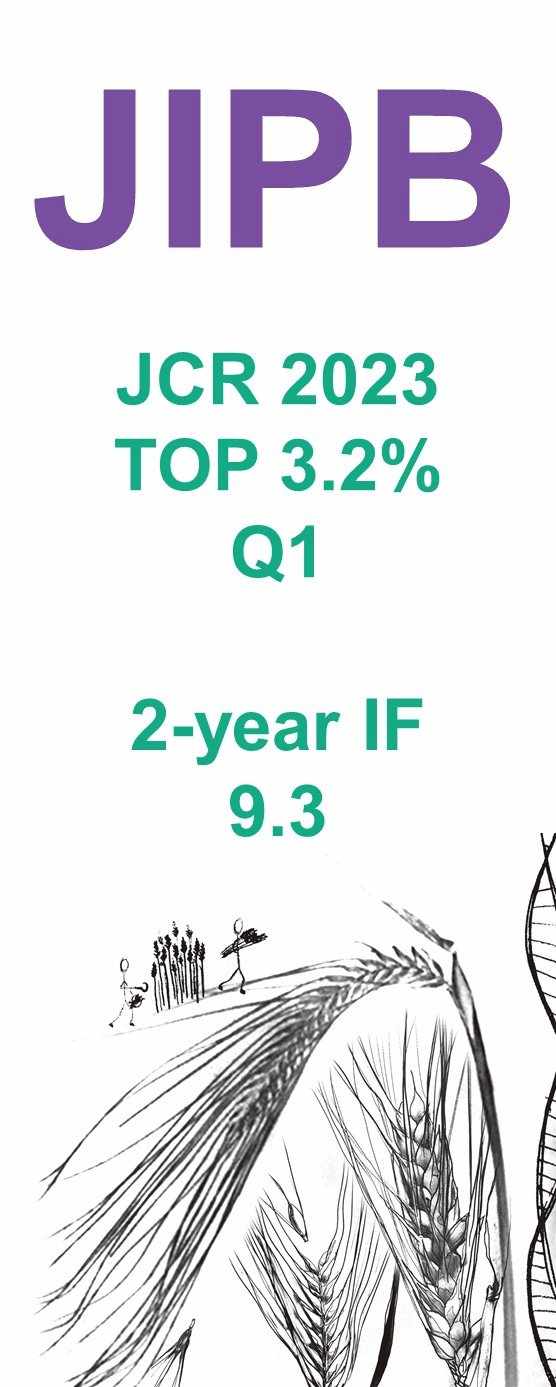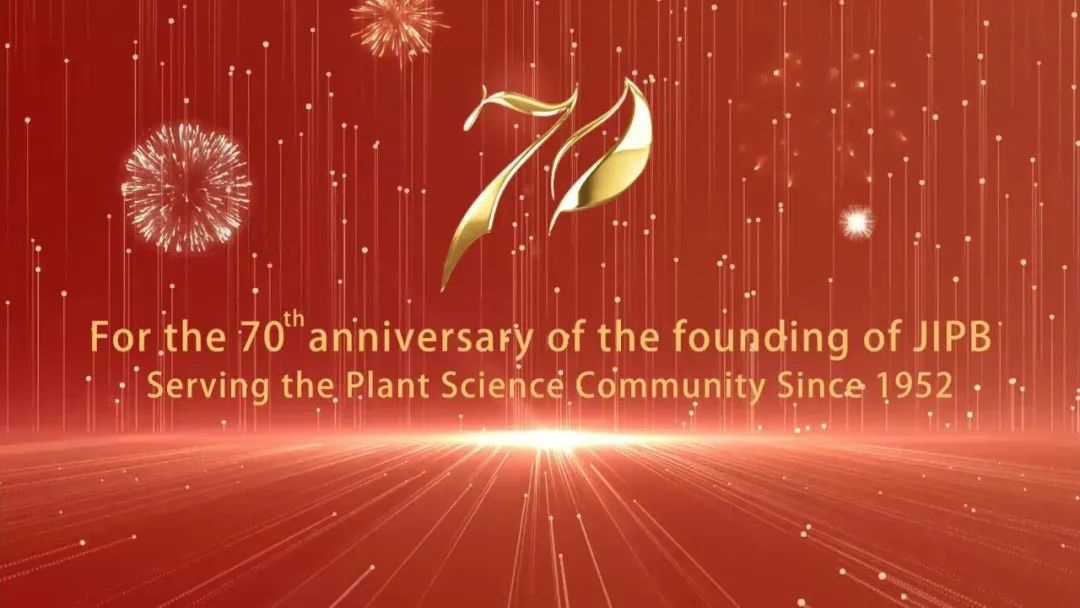Benefited from the speedy development of omic tools and the use of model plants, such as rice, Arabidopsis and Medicargo, plant biologists have recently made tremendous breakthroughs in understanding plant growth, development, and response to environmental changes. Many fundamental questions, such as flower initiation, light signal transduction, intercellular communication, genomic composition and epigenetic regulation, etc., have been resolved during the past two decades. Several dedicated plant science journals, such as The Plant Cell, The Plant Journal and Plant & Cell Biology contributed to this progress through the publication of seminal articles that allowed scientists in the community to communicate with each other, to share their expertise and experimental materials. However, in large part, these journals have defined their scope to the micro-scale, using molecular, genetic and biochemical tools to study gene function. JIPB, as the name reflects, intends to establish it's niche under the theme of integrative plant biology, by publishing articles that provide answers to fundamental questions in both macro- and micro-scale, and the inter-talk between them. This is the change to be made in 2008. We have defined the following 10 core topics for JIPB: 1) Molecular evolution 2) Molecular & chemical ecology 3) Functional omics 4) Molecular physiology 5) Systems biology 6) Primary and secondary metabolism 7) Inter- and intra-cellular communication 8) Stress and defense 9) Structural biology and biophysics 10) Cell and developmental biology As a consequence, purely descriptive studies using single techniques to report phytochemical, physiological, ecological and anatomical phenomena will no longer be considered within the scope of the journal. In addition, we would also like to announce our new Associate Editor, William Lucas, who currently is Distinguished Professor at the University of California, Davis. Bill is well-known for his elegant studies in intercellular communication and long distance signal transduction in plants. Recently his group, together with several other labs, has defined the long sought after florigen: the FT protein (Plant Cell, 2007, 19:1488–1506). Last, but not least, we would like to take this opportunity to thank all authors who submitted their papers to JIPB, along with the reviewers who provided critical views of our manuscripts, and the Handling Editors who have spent a lot of their valuable time in the peer-review process. In the future, the editorial board will strive to ensure that all manuscripts are processed in an efficient and professional manner. Xingguo Han, Chief Editor Hong Ma, Chief Editor Chun-Ming Liu, Executive Editor




 Scan the QR code to view JIPB on WeChat
Scan the QR code to view JIPB on WeChat













